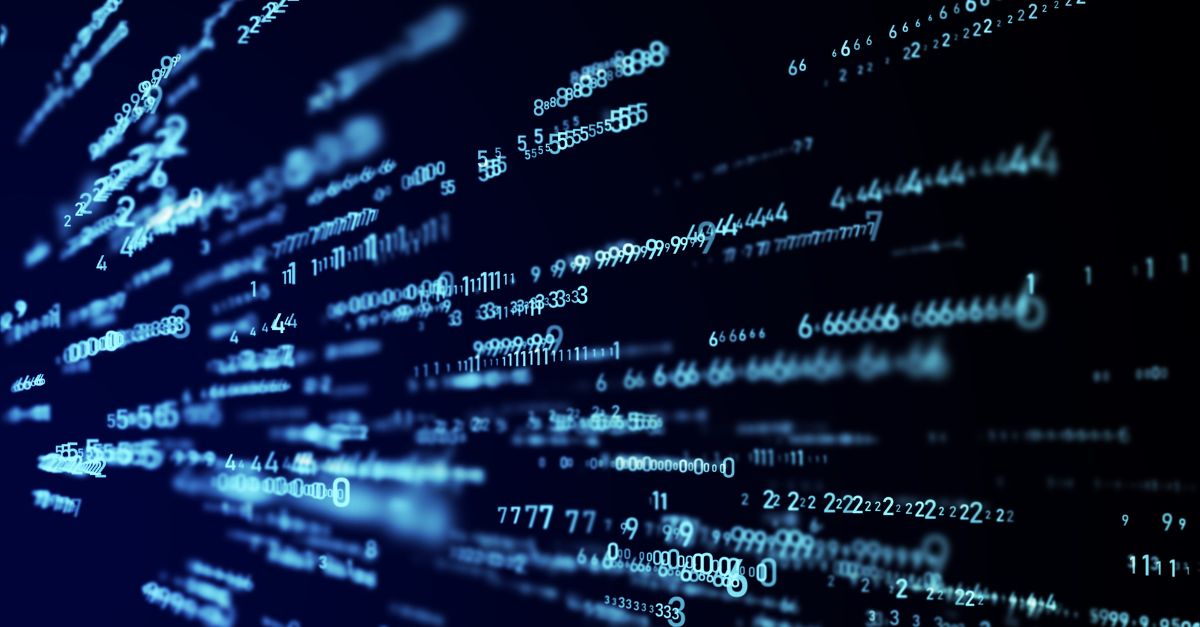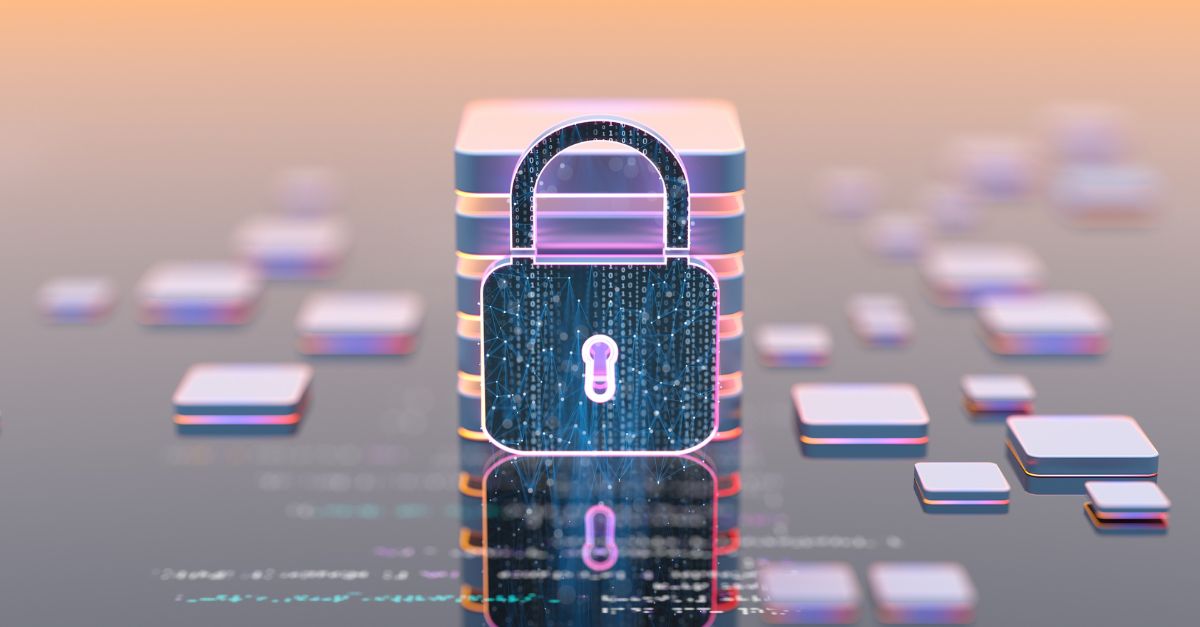Hello and welcome to GlobalSign’s weekly cybersecurity news round-up!
Early in the week it was widely reported that thousands of Samsung Blu-ray users were reporting boot loops. This is when the player appears to become stuck, endlessly cycling between “Load” and “No Disc.” The popular theory was that this was the case of an expired SSL certificate, but as of today there is no update.
One of the biggest stories of the week was at Twitter, who announced a serious "security incident". The company said that business users’ billing information was inadvertently stored in the browser’s cache, and it was “possible” that others, such as those who share computers, could have accessed it. The data that could have been shred includes the business users’ email addresses, phone numbers and the last four-digits of their credit card number associated with the account.
The government of Australia continues to claim China is behind months-long ransomware attack on the country. China has denied responsibility. The alleged attack may or may not be connected with Australia banning the equipment of China-based telecommunications provider Huawei in 2018.
According to the FBI, ransomware attackers may very well be targeting U.S. public schools due to Covid-19. The FBI warning emphasized ransomware gangs that abuse Remote Desktop (RDP) connections to break into school systems.
Finally, yesterday, a report from the European Commission to the EU Parliament concluded that the two year old GDPR empowers citizens by strengthening data protection safeguards, providing people with additional and stronger rights, increased transparency, and that all those that handling personal data are more accountable and responsible. Under the law, large fines have been imposed against the likes of British Airways and Marriott International. You can read about GlobalSign’s view on GDPR’s two year mark here.
That’s a wrap for this week. Wishing everyone a terrific weekend!
Top Global CyberSecurity News
ZDNet (June 25, 2020) FBI warns K12 schools of ransomware attacks via RDP
"The FBI has issued a security alert warning K12 schools of the 'ransomware threat' during the COVID-19 pandemic.
The US Federal Bureau of Investigation sent out on Tuesday a security alert to K12 schools about the increase in ransomware attacks during the coronavirus (COVID-19) pandemic, and especially about ransomware gangs that abuse RDP connections to break into school systems.
The alert, called a Private Industry Notification, or PIN, tells schools that 'cyber actors are likely to increase targeting of K-12 schools during the COVID-19 pandemic because they represent an opportunistic target as more of these institutions transition to distance learning.' Schools are likely to open up their infrastructure for remote staff connections, which in many cases would mean create Remote Desktop Protocol (RDP) accounts on internal school systems."
Tech Crunch (June 23, 2020) Twitter says some business users had their private data exposed
"Twitter said Tuesday that it has emailed its business customers, such as those who advertise on the site, to warn that their information may have been compromised in a security lapse.
The social network giant said that business users’ billing information was inadvertently stored in the browser’s cache, and it was 'possible' that others, such as those who share computers, could have accessed it.
That data includes the business users’ email addresses, phone numbers and the last four-digits of their credit card number associated with the account."
Extreme Tech (June 22, 2020) Samsung Blu-ray Players Are Boot Looping, Possibly Over Bad SSL Certificates
"Thousands of end-users are reporting problems with Samsung Blu-ray players as of Monday. The problems began without warning on Friday and the glitch appears to have affected all of the players at the same time, strongly implying it was a universal problem.
The problems reported vary widely depending on the player models. Boot loops are the most common problem, as shown in the video below. The player appears to become stuck, endlessly cycling between 'Load' and 'No Disc.'
For those of you wondering when Blu-ray players suddenly began requiring an internet connection, the answer is, they don’t. But it’s entirely possible that the program checks its own SSL certifications for validity and refuses to initialize the player if the security certificates aren’t properly authenticated. That’s a pure guess on my part, but the end-user results speak for themselves."
Fox News (June 19, 2020) Australia blames China for months-long cyber attacks
"Australia is accusing China of a 'sophisticated cyberattack' on the country Thursday that affected hospitals and utilities, according to reports.
While Prime Minister Scott Morrison remained vague in his official statement, only referring to a 'state-based actor,' sources briefed on the matter told media, including Reuters and ABC Australia, that the government believes China is to blame.
'There is a high degree of confidence that China is behind the attacks,' one Australian government source told Reuters, seeking anonymity as he was not authorized to speak to media."
Other Industry News
Bluleaks exposes files from hundreds of police departments
AMT healthcare data breach impacts nearly 50,000 patients
Baxter B. Braun infusion pumps among millions of devices implicated in Ripple20 cyber alert
Canadians at greater risk of banking app fraud due to Covid-19
Cop Comedy Riskiest Show to Watch Online
16 million lost in ecommerce fraud during lockdown
GDPR year two report - EU gives itself a pass with high praise
Like what you’re reading? Head to the Subscriber form in the sidebar to get insightful GlobalSign content delivered directly to your inbox.







